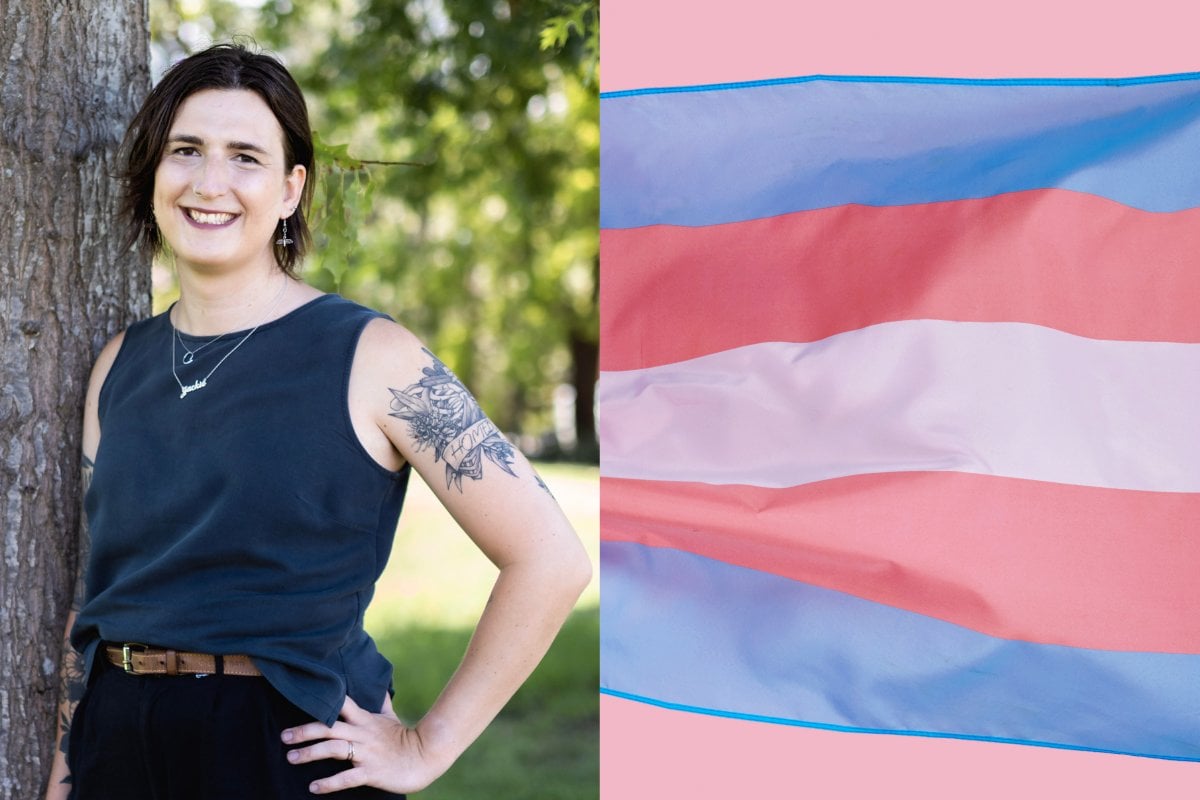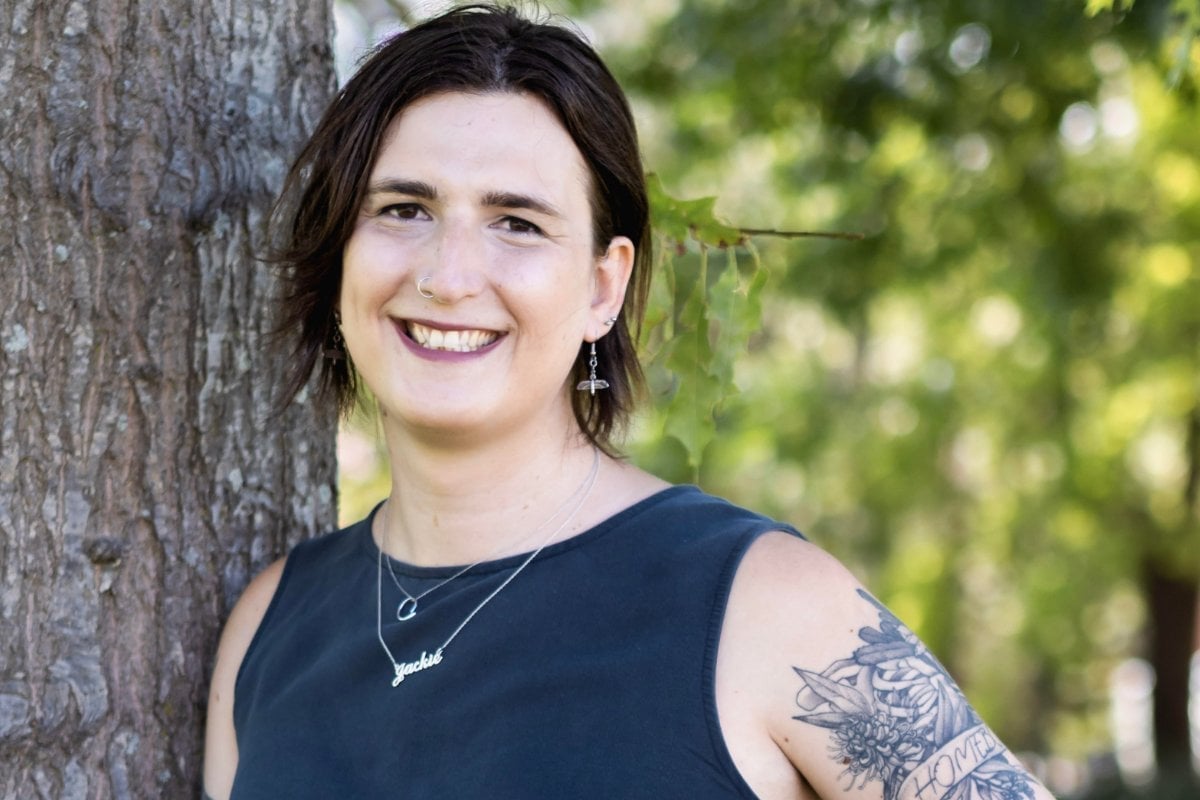
Last week, Queensland's parliament passed laws that will allow trans and gender diverse to people update their gender on their birth certificates and other official documents without undergoing sexual reassignment surgery.
The only requirement going forward will be a supporting statement from someone who has known the person trying to alter their birth certificate for 12 months or more.
And for young trans and gender-diverse people, the gender markers on birth certificates can now be updated with the consent of their parents or court authorisation.
The legislation changes give people a greater say over their gender descriptors without having to undergo costly and invasive surgeries, and the news is being wholly welcomed by advocacy organisations.
Jeremy Wiggins, the CEO of Transcend Australia, said that the change is a historic moment that "reinforces the reality that transgender people should be able to live their lives as who they are, without cruel and outdated legal barriers or procedures."
Addressing Parliament, Queensland's Education Minister, Grace Grace – who is the parent of a non-binary child – said that the bill's passing was a huge step for the state.
"Identity is very important," she said.
What this means for trans and gender-diverse people.
Jackie Turner, director of the Trans Justice Project, tells Mamamia that passing this bill has been in the works for years, and Queensland has actually been lagging far behind other states and territories.
"It's been advocated by community for a really long time as a really important change and the bill has been under consultation for a long time, too... It's still going to be another six months or so before all the changes are made, but for many of us, it's the end of a long journey of trying to get properly recognised on our birth certificates."

